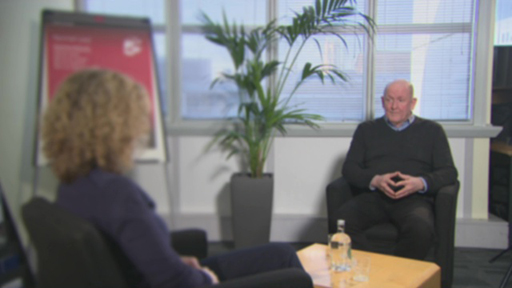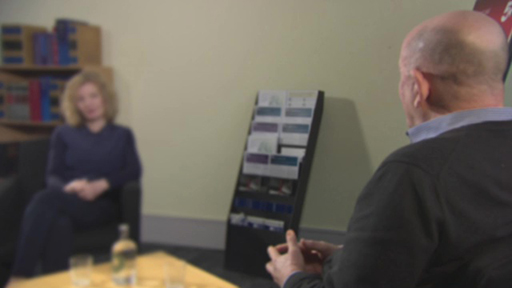3.1 How to summarise and reflect
Activities 4 and 5 provide some practical exercises in summarising and reflecting.
Activity 4 Bad listening
Watch Video 3.

Transcript: Video 3 Bad listening and summary
Make a note of some of the things that the coach doesn’t do well.
Activity 5 Good listening
Watch Video 4.

Transcript: Video 4 Good listening
Make a note of some of the things that the coach does well in listening and summarising.
Feedback
As you may have observed in this video, reflection is a useful variation on summary. When we reflect we simply offer back key words or phrases that seem significant or on which the coachee has placed particular emphasis. This can often provide a little bit of gentle challenge too, and give the opportunity for the coachee to reflect on what they have said and perhaps reconsider. For example:
Coachee: ‘Wow, this project has been an utter disaster!’
Coach: ‘Utter disaster?’
Coachee: ‘Well, not a disaster as such but there have been a couple of real failings in the process we need to fix.’
Or:
Coachee: ‘I never seem to get any recognition in this place!’
Coach: ‘Never?’
Coachee: ‘Well, never from the team leader anyway!’
The key skill in reflecting is to use the language of the coachee and not to change it or re-interpret it yourself.
